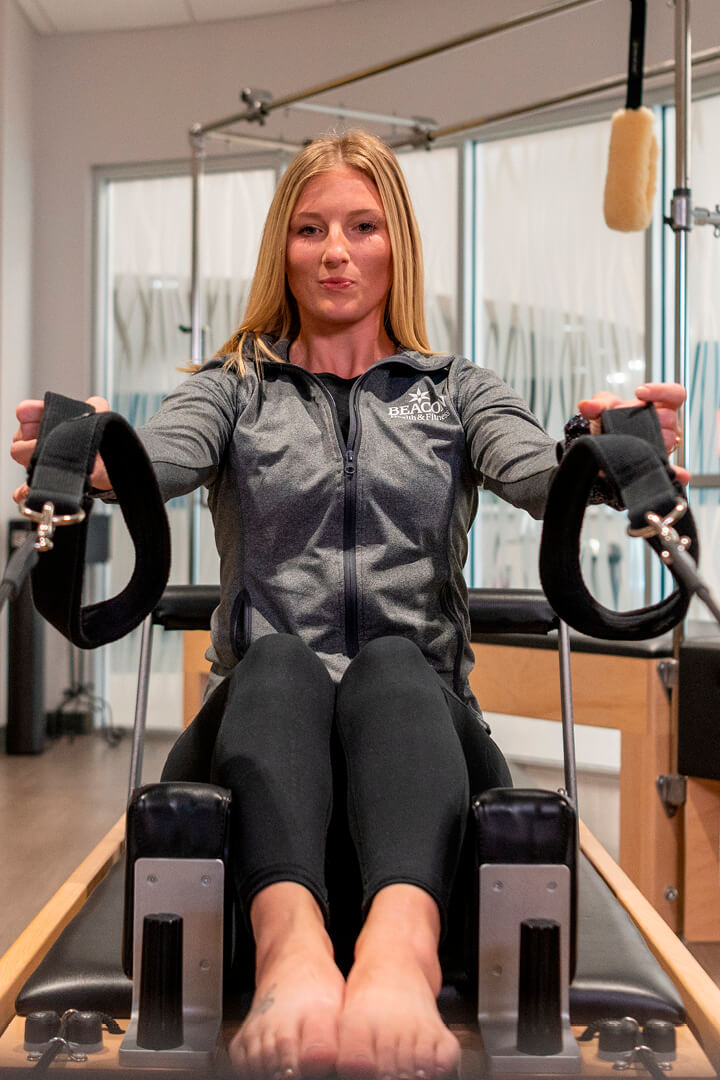[vc_row css_animation=”” row_type=”row” use_row_as_full_screen_section=”no” type=”full_width” angled_section=”no” text_align=”left” background_image_as_pattern=”without_pattern”][vc_column][vc_column_text]The expression “exercise is medicine®” is working its way into doctor’s offices and fitness facilities around the world. But, is it true? Can you really use exercise as medicine? The answer to that is – YES. Exercise has proved to be one of the best preventative medicines available. Doctors have even starting prescribing exercise to patients. But, why exercise? What are the benefits to using exercise as medicine?
Exercise as Preventative Medicine
Exercise can be used to prevent many serious illnesses and diseases. It’s medicine for the whole body. When you exercise, you’re working to improve the overall function of your body’s systems. It can lower the risk of mortality, cardiovascular disease, dementia, hypertension, type II diabetes, and some forms of cancer, just to name a few. The human body is a complex machine that’s designed to move and exercise is key tool for maintenance and fine tuning.
Exercise for Pre-existing Conditions
Exercise is an excellent component to add to treatment plans for all kinds of different diseases. It can help decrease the risk of mortality from many diseases, slow down or stop the progression of different diseases, as well as decrease pain. But one of the biggest benefits is that it can help individuals gain back some independence by improving overall function – muscular strength, flexibility, balance, cognition, and endurance. This isn’t to say you should replace your medications with exercise, but rather consult with your physician about making exercise a component of your treatment plan.
Beacon Health and Fitness offers Best Medicine classes for different conditions – arthritis, neurological conditions, cardiovascular conditions, Parkinson’s disease, Down syndrome and more. If you’re struggling with an ailment that doesn’t fit into our Best Medicine classes, we have other options available to you too. See a member of the fitness staff for more information.
General Exercise Guidelines
Per the American College of Sports Medicine (ACSM), the average person should be getting at least 150 minutes of cardiovascular exercise and 2 to 3 days of strength training a week. But this varies from person to person. Schedule a Fitness Orientation at our fitness desk to meet with a fitness specialist to find out what’s best for you.[/vc_column_text][/vc_column][/vc_row]





